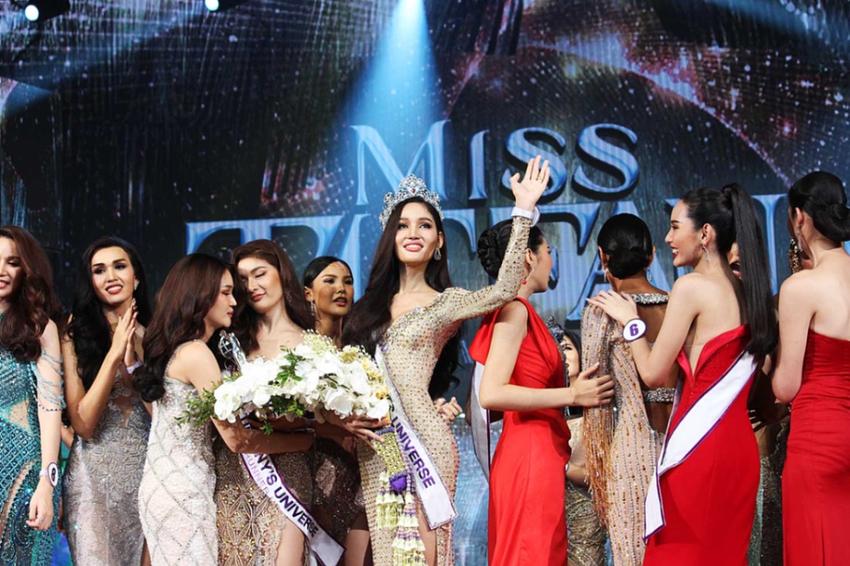Understanding Thailand's Ladyboy Culture: A Look into Phuket's Unique Identity

Phuket, situated amid the captivating waters of the Andaman Sea, is celebrated as one of Thailand's most enchanting spots. It's famous for its breathtaking beaches, lively nightlife, and diverse cultural heritage. However, amid the bustling streets and dazzling cabarets, there's an aspect of Phuket's character that fascinates visitors worldwide—the abundance of ladyboys.
In Thailand, the term "ladyboy" describes individuals who were born male but identify and live as women. Referred to locally as "kathoeys" or "katoeys," they have a distinct role in Thai society, especially in Phuket, where they are notably prevalent. However, what factors contribute to Phuket having such a large number of ladyboys, and how do Thai people view this trend?
A key element boosting Phuket's lively ladyboy community is its flourishing tourism sector. Being among Thailand's top tourist spots, Phuket lures millions of visitors each year with its immaculate beaches, vibrant entertainment, and inclusive vibe. The popularity of ladyboy cabaret shows, known for their dazzling acts and extravagant attire, has firmly established itself in Phuket's nightlife, injecting an extra layer of excitement and charm into the island's entertainment offerings.
Furthermore, the cultural embrace and acknowledgment of gender diversity in Thailand significantly influence the abundance of ladyboys in Phuket. Within Thai culture, kathoeys hold a longstanding presence and are typically accepted and tolerated to some extent. Historically, they've been acknowledged as a distinct "third gender" and have established their place in society, participating in a wide array of professions spanning entertainment, beauty, hospitality, and even entrepreneurship.
Furthermore, economic opportunities and social acceptance in Phuket provide a welcoming environment for ladyboys. Many find employment in the entertainment industry, working as performers, dancers, or hosts in cabarets, bars, and clubs. Additionally, the island's cosmopolitan atmosphere and diverse expatriate community offer a sense of belonging and camaraderie for individuals exploring their gender identity.
However, despite the cultural acceptance and economic opportunities afforded to ladyboys in Phuket, societal attitudes towards them remain complex and multifaceted. While many Thai people embrace and celebrate the diversity of gender expression, others may hold more conservative views rooted in traditional gender norms. As with any marginalized community, ladyboys may face discrimination, prejudice, and social stigmatization, particularly in rural areas or more conservative regions of the country.
Nevertheless, attitudes towards ladyboys in Thailand are gradually evolving, propelled by increased visibility, advocacy, and education. Organizations and advocacy groups championing LGBTQ+ rights and gender equality have emerged, promoting greater acceptance and understanding of diverse gender identities. Moreover, mainstream media and popular culture have played a role in humanizing and destigmatizing the experiences of ladyboys, fostering empathy and acceptance within society.
In summary, Phuket's status as a sanctuary for ladyboys mirrors Thailand's deep cultural roots, flourishing tourism, and progressive stance on gender diversity. Though societal views may differ, the presence of ladyboys in Phuket symbolizes resilience, bravery, and the dynamic nature of humanity. As Thailand persists in embracing its varied spectrum of identities, Phuket emerges as a beacon of acceptance, inclusivity, and appreciation for all forms of gender expression.


